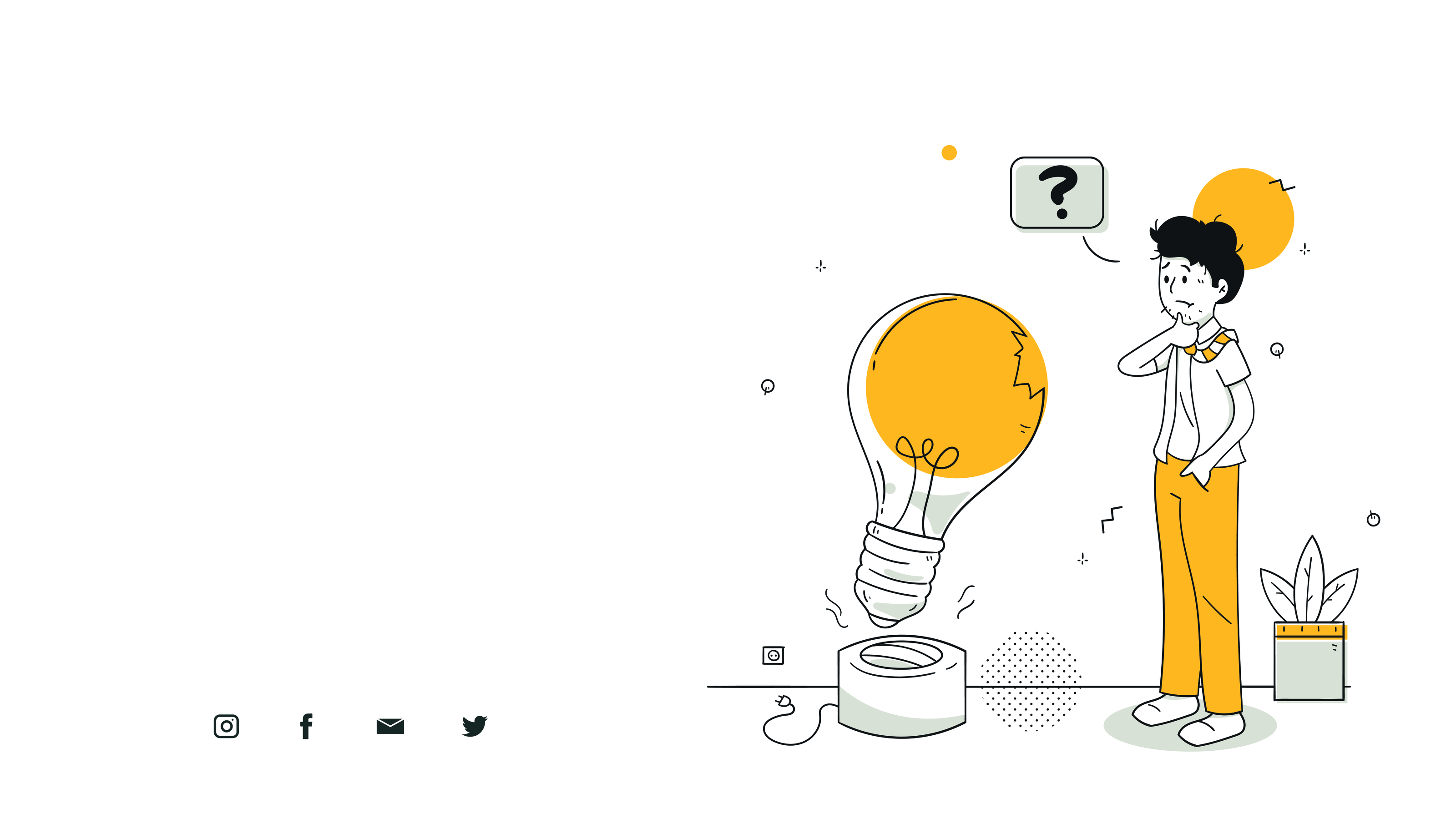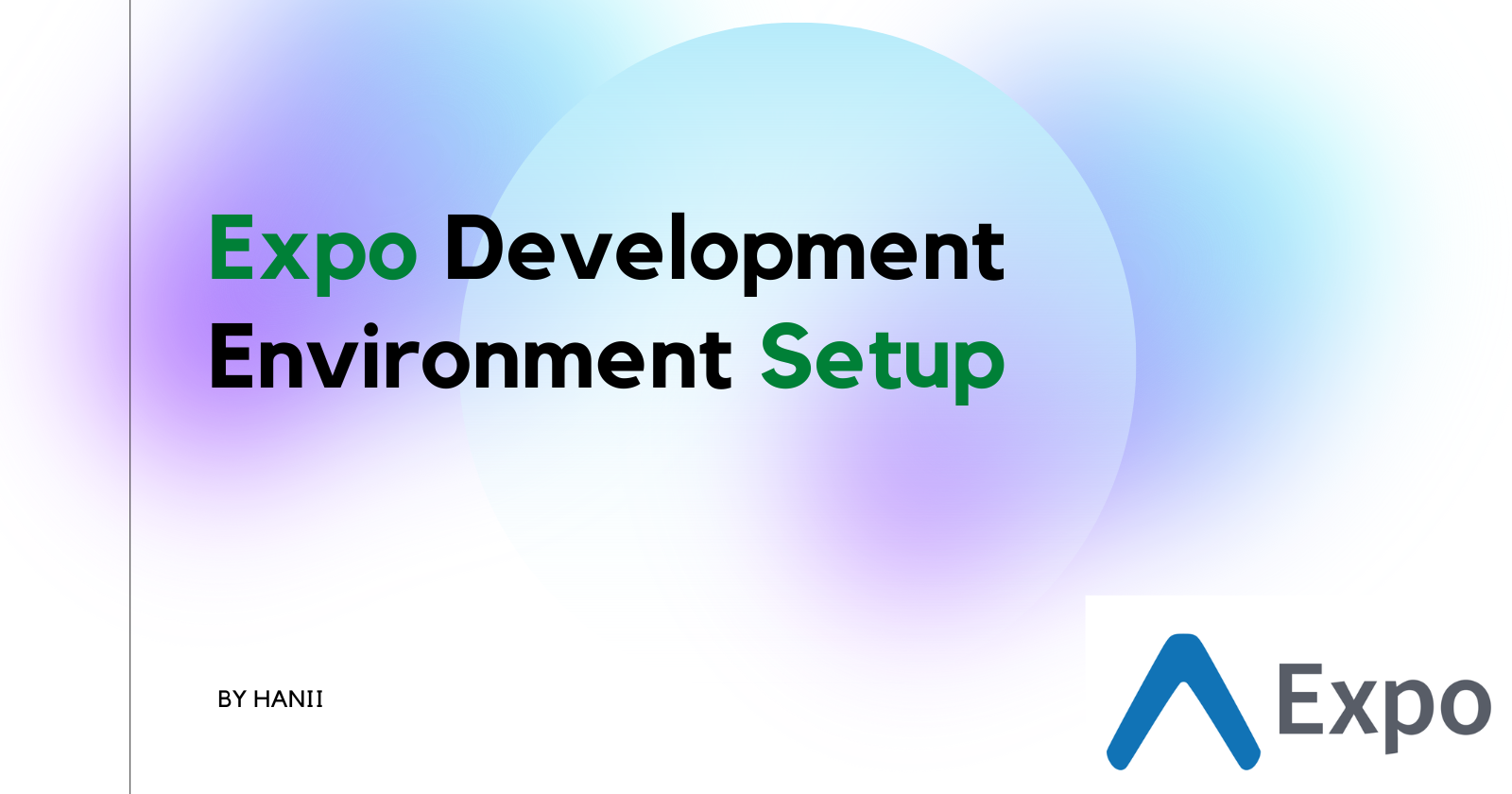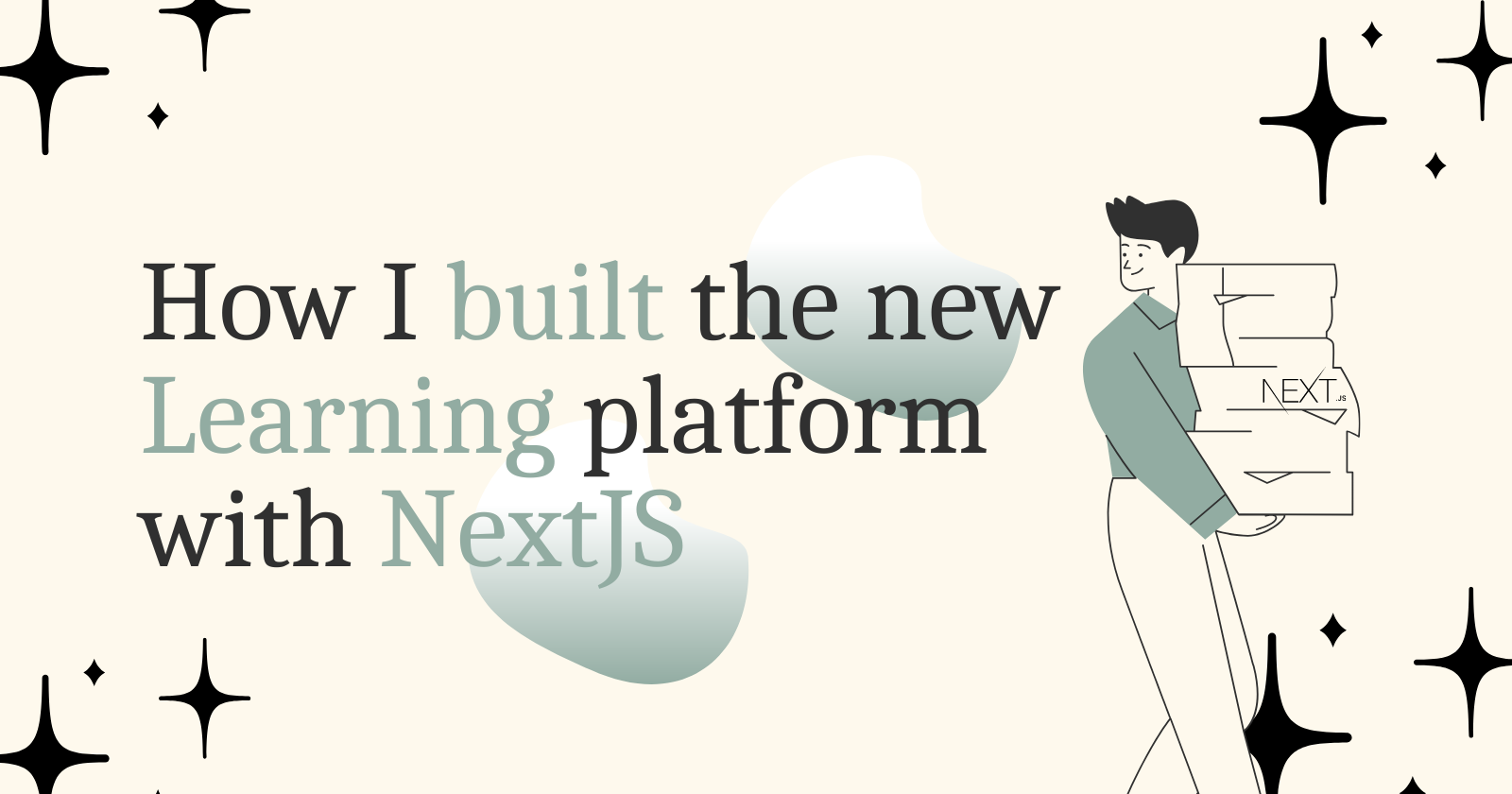Introduction
0. Key Terms
- Neurodivergent - The term neurodiversity refers to variation in the human brain regarding sociability, learning, attention, mood, and other mental functions in a non-pathological sense.
- Neurotypical - it referred to anyone who is not autistic
- Neurotypes - A type of brain, in terms of how a person interprets and responds to social cues, etc.
1. About
- Life-long weirdo who's finally figuring it out.
- NOT a doctor or medical professional.
2. Neurodiversity
- A subset of biodiversity.
- The idea that different people can have different neurotypes.
- Most people's cognition and sensory apparati work more or less the same as everyone else's - we call these people Neurotypical.
- Other people experience various aspects of reality differently - we call these people Neurodivergent and doctors have names for various conditions.
3. Neurodivergent Syndromes and Diagnoses (a subset)
3.1 Autism
- Autism is hard to define and seems to be the result of the intersections of several other conditions leading to behavioral and developmental differences.
- Think of it as a range of possible configurations of the Human Operation System.
- Hard to define, because no two autistic people share the same exact profile.
- Note: Talk focuses on the traits rather than the diagnosis.
3.2 ADHD
- "Attention Deficit Hyperactive Disorder" is a horrible name for a complex and nuanced condition.
- ADHD brains process time and attention differently.
- Brain's reward centers are stimulated by curiosity rather than goals.
- Paying attention to things that aren't "interesting" takes sustained hard effort.
- Often (but not always) includes difficulty regulating strong emotions.
3.3 Bipolar Disorder
- Bipolar people can have widely fluctuating emotions that are difficult to regulate. There are various presentations and treatments.
- Used to be called "Manic Depression"
- Type 1: alternating Hypomania and Depression.
- Type 2: alternating Hypermania and Depression.
- Symptoms are triggered by drug use in some people.
- Medication exists, but there are tradeoffs.
- Used to be called "Manic Depression"
3.4 Dyslexia / Dyscalculia
- If your brain processes visual data faster then your eyes can convey it, then things like reading and parsing visual details can be a challenge.
- The brain can process different kinds of information differently.
- These diagnoses don't exist without writing and math, which are technologies.
- What's that say about disability?
- Wide-ranging knock-on effects in life.
3.5 Sensory Processing Disorders
- People with OCD are experiencing an epistemological crisis with alarming regularity. This is often a need to be absolutely certain of something.
- Not everyone has the same relationship to the outer world.
- Sensory processing is how we make sense of reality.
- People with different sensory needs literally inhabit a different reality, and we have to respect that.
3.6 Obsessive-Compulsive Disorder
- People with OCD are experiencing epistemological crisis with alarming regularity. This is often a need to be absolutely certain of something.
- Not a joke - this can be all-consuming and leave little space for the rest of life.
- Pure O variant where the behavioral component is cognitive. Hard to diagnose often fills sufferer with shame.
- The key is to interrupt the brain's reward loop, but it's hard.
3.7 Post-traumatic stress disorder (PTSD)
- Post-traumatic stress disorder (PTSD) happens when you've lived through something so emotionally painful that you haven't been able to process it.
- Organize your whole life not to think about the trigger.
- Now you're having "Flashback", reliving your worst experience.
3.8 Complex PTSD
- Complex post-traumatic stress disorder is the result of living through a sustained traumatic period. It's a pervasive condition that impacts every part of life.
- "Emotional Flashbacks" instead of specific flashbacks - you flashback to how you felt when you were living under trauma.
- Fight/Flight/Freeze/Fawn responses emerge uncontrollably under threat.
- Spent your life looking for threats, relating to others through a scared and angry fog.
4. Neurodivergent Traits (also a Subset)
4.1 Time Blindness
- Common with certain types of ADHD as well as dyscalculia and autism.
- The subjective experience of time passing does not map to the external passage of time.
- "Whoops did I just spent 4 hours on that?"
- Either early or late for everything.
- NOT a character flaw- this is literally an inability to perceive time the way NT people do.
4.2 Face Blindness (Prosopagnosia)
- Cognitive disorder of face perception in which the ability to recognize familiar faces, including one's own face (self-recognition)
- Rely on hairstyle, voice, clothing, movement, etc.
4.3 Aphantasia
- A condition where one does not possess a functioning mind's eye and cannot voluntarily visualize imagery.
- Some people are incredibly rich visual thinkers, are to scour memories for details.
- Some people cannot visualize anything at all if they're not looking at it.
- Most people seem are somewhere in between.
4.4 Sleep Problems
- Common in Autism and in some ADHD, it can difficult to turn the brain off and go to sleep -- or to turn it back on and wake up.
- Chronic insomnia
- Delayed Sleep Phase Syndrome
- Chronic Fatigue compounds existing challenges
4.5 Rejection Sensitivity
- Common with ADHD and Autism, a lifetime of being corrected leads to a heightened awareness of disappointing people and horrific fear of being rejected.
- Thinking that are no big deals for most people can ruin a day or a week for people with rejection sensitivity.
- One's sense of self is situated in others, and so one requires validation and approval, or else one's self is "wrong".
- This leads to unnecessary isolation and alienation.
4.6 Toxic Shame
- Related to CPTSD and Rejection Sensitivity, some people feel shame way more strongly than they need to.
- Shame is how other people teach you how they want you to act.
- Some shame is appropriate
- If you feel constant shame just for being yourself, that's something you learned and you can unlearn it.
- Shame is how other people teach you how they want you to act.
4.7 Sensory Overload
- People who are hypersensitive to various things can become overloaded, resulting in scary and dysregulating (impairment of a physiological regulatory mechanism) behavior.
- Bright lights, loud sounds, specific textures, even strong emotions can be painful.
- It can lead to meltdown or shutdown, which are not tantrums but rather the body trying to protect itself.
- Excruciating and embarrassing to deal with.
- Don't make fun of Bono's sunglasses.
4.8 Masking
- The process where neurodivergent people do their best to as and "pass" as Neurotypical.
- Everyone does a bit, it's how "fitting in" works.
- For Neurotypical people is about avoiding social consequences.
- Challenge scales with the degree of neurodivergence.
- "Passing Privilege" Analogy
- This can be soul-destroying, can confuse mask for self.
4.9 Autistic Communication
- Many autistic people struggle with understanding, being understood, and finding acceptance.
- Different things are obvious to an autistic mind than to an allistic mind.
- Notice different details
- As a result, we're not always talking about the same things with the same words.
- Different things are obvious to an autistic mind than to an allistic mind.
4.10 Autism and Gender
- Gender is a social construct, and many neurodivergent people (notably autistic) struggle to share social constructs with neurotypical people.
- A ton of neurodivergent people are also genderqueer.
- Delta between subjective experience and societal communications and expectations.
- Concept of Autigender: the gender only autistic people experience
4.11 Autism At Work
- Moving from a school environment to a professional environment is a culture shock that's poorly documented for autistic minds.
- Lots to learn, lots of painful trial-and-error.
- Prioritize feelings and reputations over correctness.
- Doesn't understand the "Compliment sandwiches?"
- Oh my god, why can't anyone understand what I'm trying to say it's so obvious.
5 Next Steps
5.1 Believe People
- Starting with yourself.
- Subjective experience is inaccessible to science and medicine.
- Nobody can "prove" what they feel, so we have to listen and believe.
- Kids especially - so much harm later in life happens when our childhood needs go unmet.
- Believe your children when they tell you something hurts when they tell you they struggle with a texture when they can't make friends.
- Early support is the difference between thriving and spending years or decades unlearning toxic coping skills.
5.2 Accept People
- Also; starting with yourself.
- Nobody can be other then they are - this doesn't mean that self-improvement doesn't exist, but it's important to understand what can be improved and what's an intrinsic part of someone.
- Try to meet people where they are rather than expecting them to meet your where you are.
- Understand that many disabilities are invisible, and you don't know what your colleagues are dealing with.
5.3 Make People Safe
- Also; starting with yourself.
- The polyvagal theory argues with some compelling evidence that we cannot be our full or best selves until and unless we feel safe.




